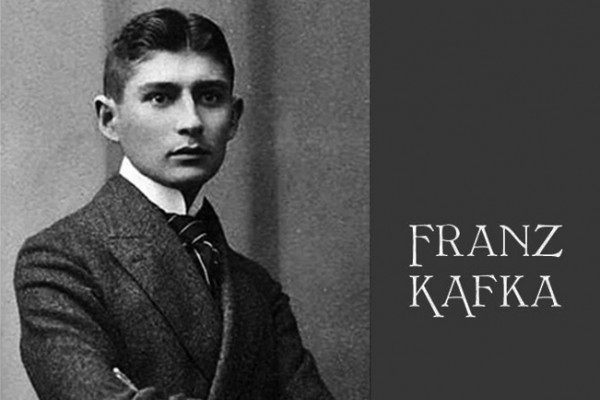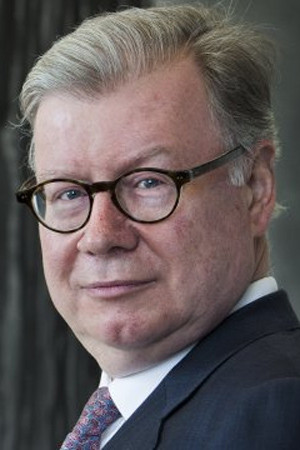Franz Kafka (3 July 1883 - 3 June 1924) was a German-language writer of novels and short stories who is widely regarded as one of the major figures of 20th-century literature. His work fuses elements of realism and the fantastic. German was his first language, he was almost fluent in Czech and acquired some knowledge of French.Professor Michel Flamee asks us if Kafta's knowledge of these languages was enough to help rid himself of his inner stresses and strains? Are there some keys that can facilitate the purpose of his estranging texts? Our speaker suggests we try to be Kafka for a while, and experience what this leads to . . .
Michel Flamee, was a practicing lawyer at the Brussels Bar between 1976 and 1997. He worked primarily in commercial law, company law, IP, IT law and with Mergers and Acquisitions. Since 1997, he has not been active as a practicing lawyer, and has since been conferred the distinguishing title of Honorary Advocate of the Brussels Bar.
After leaving the Bar, he served for two years as President of the Chamber of the Brussels Court of Appeals. He has also been a member of the Belgian Competition Council and the Flemish Media Authority.
He was a professor at the Economic and Financial Law Center of the Free University of Brussels from 1990 until September 2013. He was awarded his doctoral title in 1984 on the basis of his thesis in comparative law. This thesis also received the prestigious Fernand Collin Prize.
In addition to these impressive professional activities, Professor Flamee is a person with broad cultural interests. He has namely investigated the cultural influence of three important European cities, Vienna, Prague and Berlin, during the period 1850-1950, and is a student of Kafka.
Note: Content and images not intended for copyright infringement.




